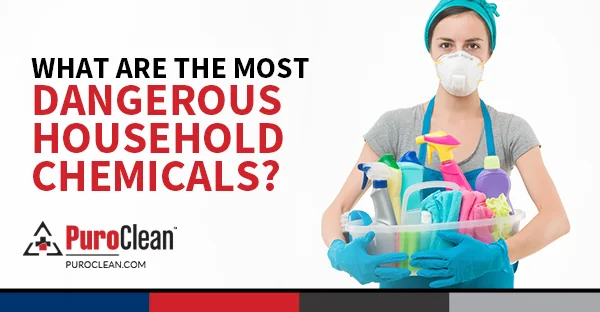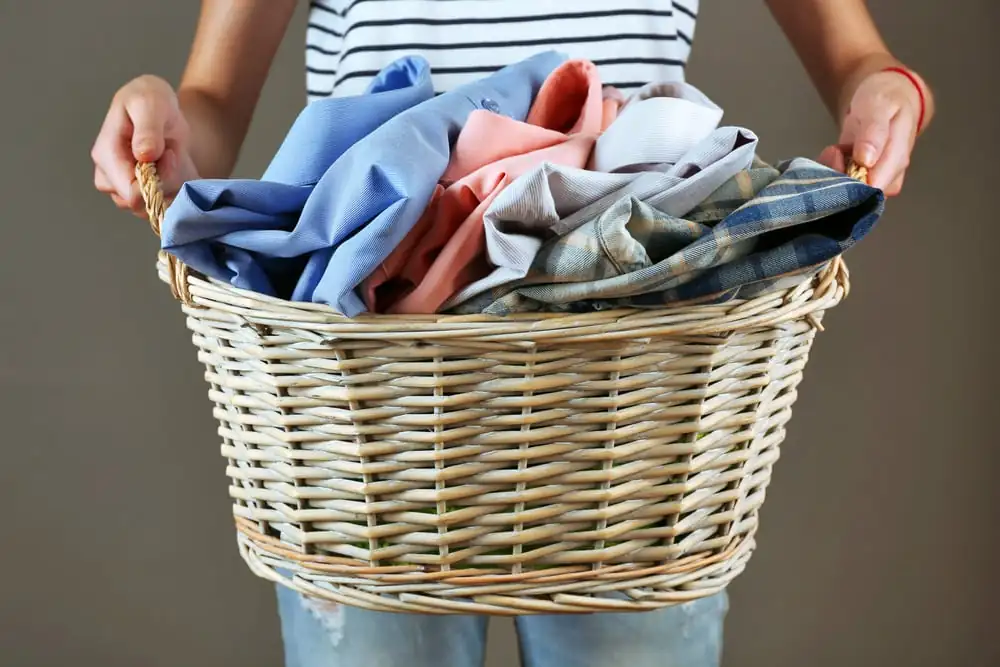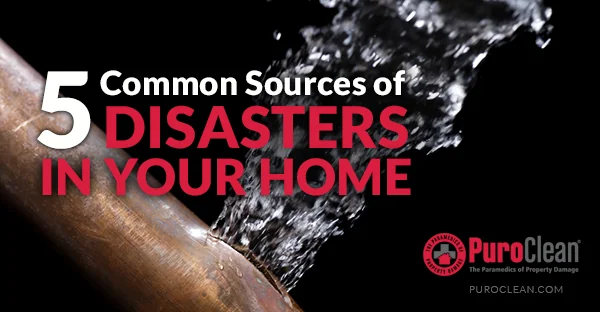
Although we use them every day, many cleaners and chemicals we keep in our homes can be very dangerous if splashed on the skin, inhaled or ingested. To avoid serious accidents, carefully follow the instructions on the product label and store any chemical product safely, especially if you have children or pets living in your home. Here are a number of common household chemicals that can cause severe health problems:
1. Antifreeze
Swallowing antifreeze (ethylene glycol) may cause damage to the heart, brain, kidney and other internal organs. Inhaling antifreeze is not as dangerous, but may cause dizziness.
2. Bleach
Being a strong corrosive substance, bleach can affect the respiratory system if inhaled. Bleach can also irritate or burn the skin and eyes. Ingesting bleach can cause pulmonary edema or vomiting and coma. Always wear cleaning gloves and a dust mask when using bleach.
3. Drain cleaners
These dangerous substances contain lye and other chemicals known to cause burns to the skin and eyes, and even blindness in severe cases. Swallowing a small amount of drain cleaner can severely affect the throat, stomach and may even cause death.
4. Carpet or upholstery cleaners
Carpet cleaners contain naphthalene, which are known to cause cataract formation and liver damage over long exposure. The perchloroethylene in carpet cleaners is carcinogenic, and it may cause dizziness, headaches, kidney dysfunction, neurological damage and other problems from short term exposure.
5. Ammonia
Ammonia produces fumes that can irritate the eyes, nose, throat and lungs. People suffering from asthma or heart or lung problems should avoid using ammonia. Mixing ammonia with chlorine products (such as bleach) produces an even more dangerous gas which is potentially fatal.
6. Air fresheners
Air fresheners are known to contain formaldehyde, a strong (possibly carcinogenic) substance that irritates the skin, eyes or throat. They contain other dangerous chemicals which may cause nervous system damage or pulmonary edema in sensitive individuals. Tips to safely keep your indoor air fresh are available here.
These are just some of the more damaging household chemicals commonly found in homes. There are many other cleaners which contain potentially dangerous chemicals. To be on the safe side, avoid purchasing products marked Danger or Poison on the label. Find out more hidden household dangers in this article. For professional fire, water and mold restoration services, contact your local PuroClean office.



 PuroClean Managed Services of Vermont
PuroClean Managed Services of Vermont